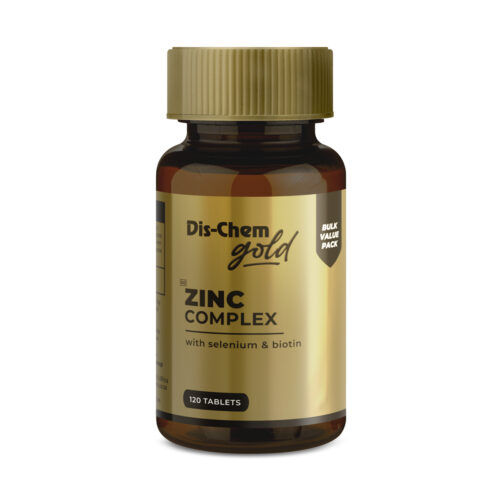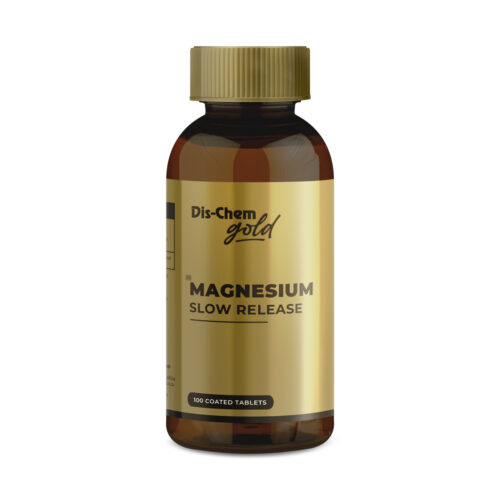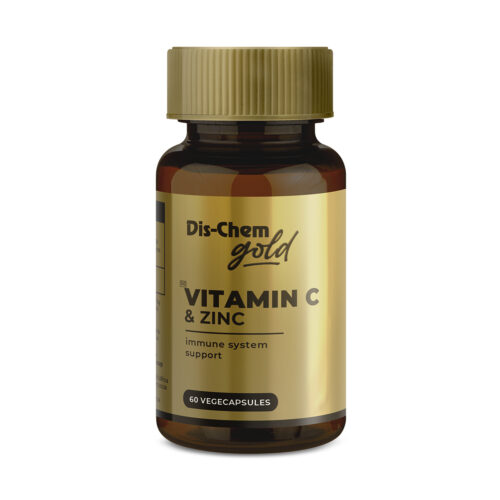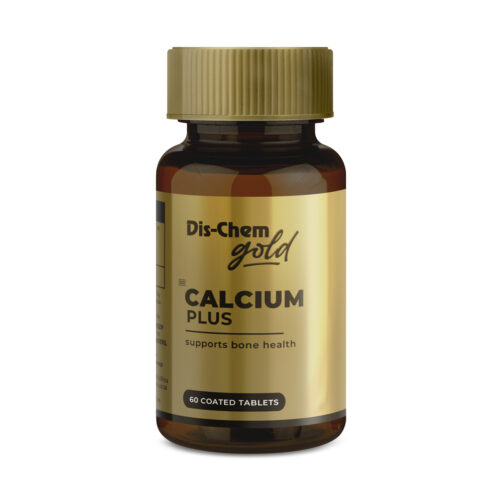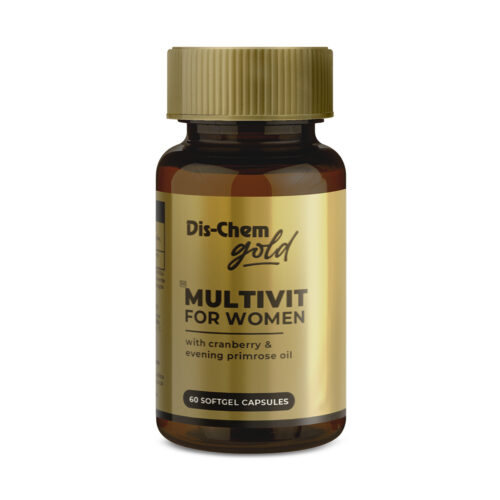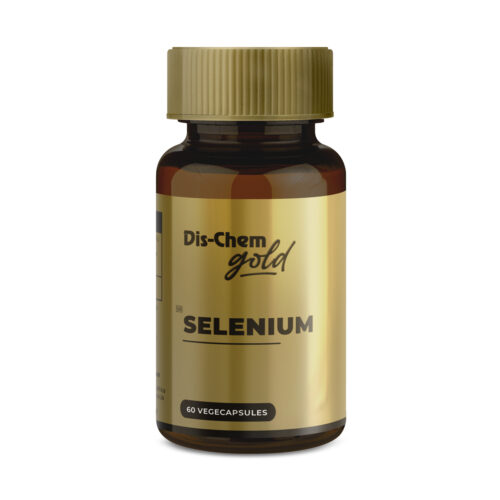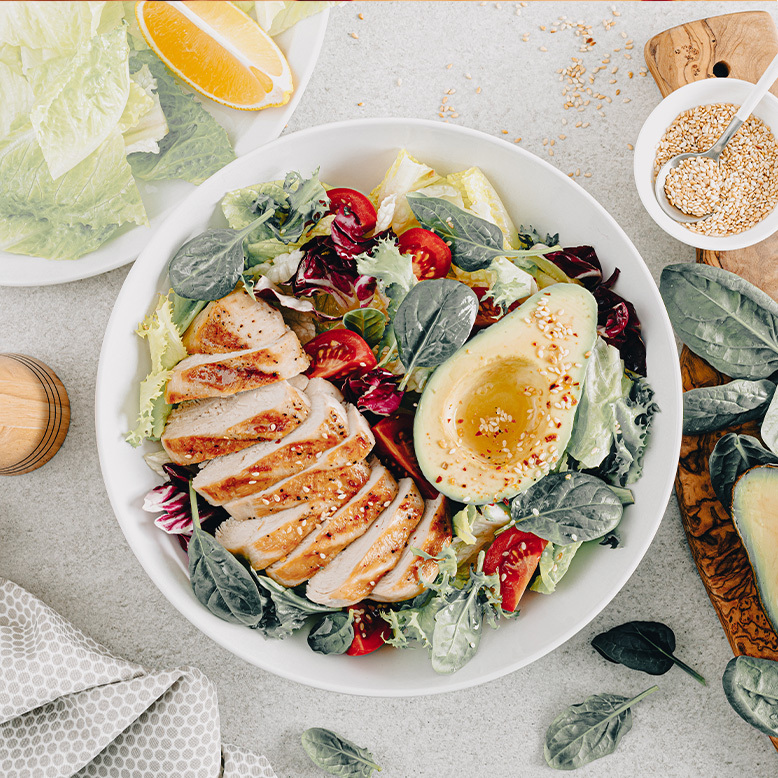Vitamin Packs – Intense weight lifting requires immense energy
While we generally pay careful attention to meeting those energy demands through our macronutrient intake – the carbs, proteins and fats on our plate or in our shaker bottle – what many gym-goers fail to consider is the body’s micronutrient requirements.
However, this nutritional aspect is vitally important because our bodies need ample vitamins and minerals to drive many of the biological processes required for efficient energy production, not to mention muscle growth and optimal overall health.
Important biological players
Certain vitamins play crucial roles in turning food into energy through various metabolic pathways. For example, B vitamins help to metabolise the energy contained in carbohydrates.
Other important micronutrients like iron help to produce the oxygen-carrying proteins that circulate in our blood stream and deliver vital oxygen to muscle cells, while adequate calcium is required to maintain bone health.
Vitamins and minerals also ensure proper immune system function and fluid balance, which are important for optimal recovery.
More importantly, certain vitamins help to create the hormones that drive the muscle repair and growth process, while others – known as antioxidants – protect our bodies against the excess oxidative stress and free radical damage that accompanies hard training.
- An optimal vitamin intake helps to:
- Enhance physical and mental performance.
- Promote robust immunity.
- Create vibrant health.
- Promote emotional wellbeing.
- Improve sleep quality.
High demands
Due to their many roles in energy production and recovery, when we train intensely over prolonged periods we increase our micronutrient demands and turnover rate. In these instances, we can quickly deplete micronutrients.
This means that active individuals, especially serious weight lifters and athletes, require vitamin and mineral intakes that exceed baseline recommended daily allowances (RDAs), which are more aligned to health guidelines for the average population aimed at preventing deficiency-related diseases.
Furthermore, RDAs do not take individual circumstances into consideration, nor do they consider what is optimal for you based on your lifestyle, activity levels and environment.
The first step in meeting these elevated requirements is a healthful and balanced diet rich with natural whole foods and plenty of raw fruits and vegetables. These foods offer an abundant source of vitamins and minerals in their natural state.
Compromised status
However, there are numerous factors that affect the nutritional status of the fresh fruit and vegetables available in the aisles of our big food retail stores and even green-grocers.
These factors include nutrient-depleted soils on commercial farms, modern farming methods, genetic modification, over-farming, pesticide overuse, and cold-storage, food preservation, transport and modern food preparation techniques.
The combined impact of these factors mean we generally consume fewer nutrients per gram of natural food than we did 100 years ago.
Modern life also exposes us to more pollutants and stress, which also depletes vital micronutrients, while certain medicines can deplete additional nutrients within the body. Add to the mix the impact of processed foods, smoking, alcohol and polluted water and air and you further compound the problem.
Plugging nutritional gaps
As such, the need for additional quality nutritional support has never been greater. Without supplemental sources, it can become very difficult, if not impossible for serious athletes and gym-goers to meet their micronutrient requirements from a whole food diet alone.
And that’s where high-potency multivitamin and mineral packs can play a role. Supplementing daily with a well-formulated product provides a broad spectrum of essential vitamins and minerals, along with additional antioxidants, often in excess of traditional RDAs to optimise your micronutrient status.
When combined with a balanced and healthful diet, these products help to plug any potential nutritional gaps and prevent the deficiencies that can result from limited dietary variety, increased vitamin depletion from exercise or reduced calorie intakes while dieting, or the impact of environmental factors such as stress, pollution and chemicals.
Covering your bases
The specific vitamins and minerals that are vital to active individuals include B vitamins, vitamins C, D and E, calcium, zinc, magnesium, iron, beta-carotene and selenium.
You can boost your intake of these individual vitamins and minerals with a variety of standalone products, or cover all your bases with an intelligently-formulated multivitamin pack from a reputable supplement manufacturer for ease-of-use and convenience.
Ultimately, there are not too many things more detrimental to your health, recovery, metabolism, performance and ability to build lean muscle than a suboptimal micronutrient status. So don’t compromise your efforts by falling short of the mark. Multivitamins should be a vital element in any comprehensive supplement plan and should never be overlooked.

